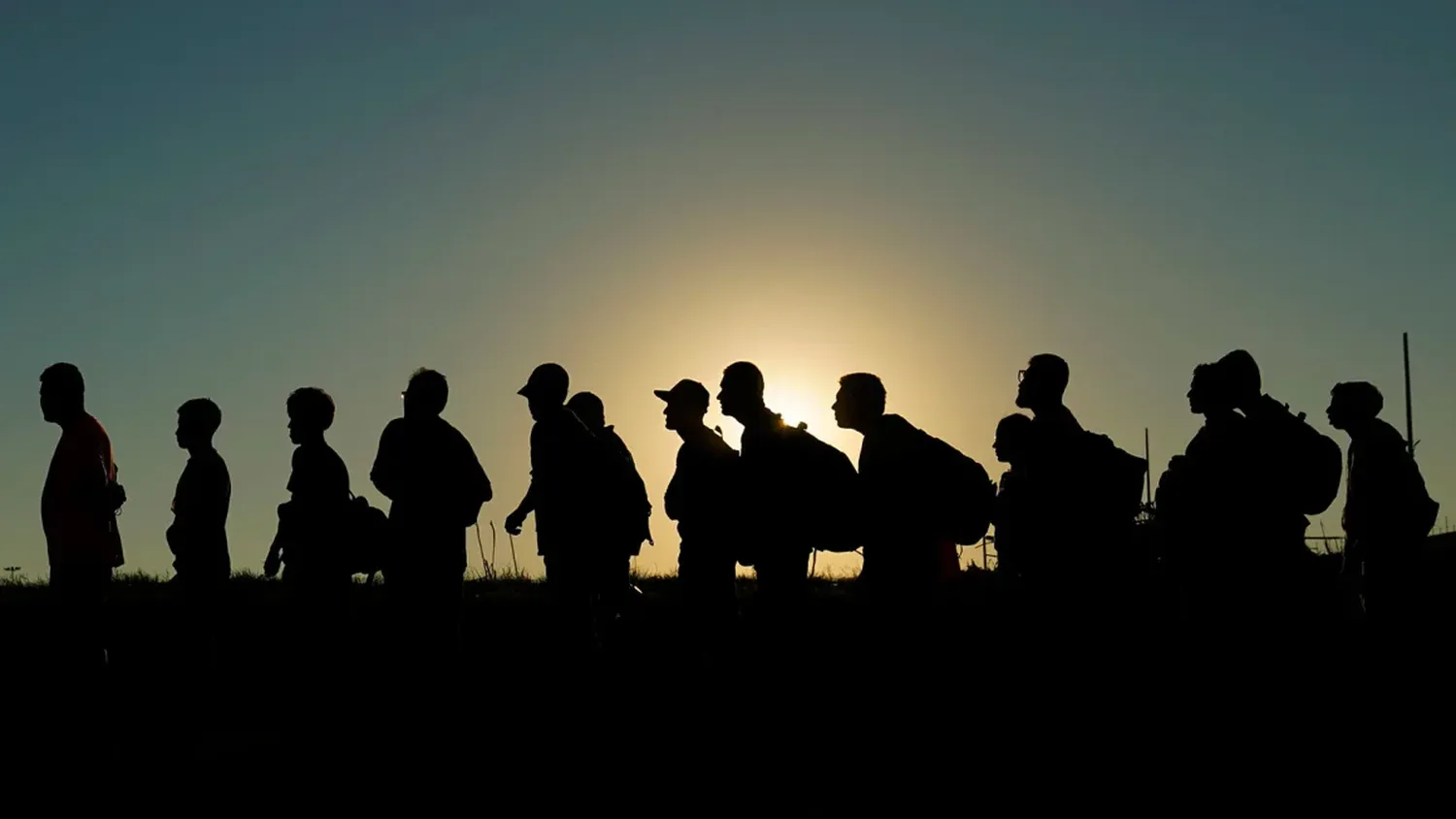Immigration
Texas Immigration Law SB4 Faces Legal Rollercoaster: Blocked Again by Federal Appeals Court
In a dramatic series of legal reversals, Texas' controversial new immigration law, Senate Bill 4 (SB4), was blocked late Tuesday night by a federal appeals court, just hours after the U.S. Supreme Court had allowed it to go into effect. This latest development adds another chapter to the ongoing legal battle over the state's attempt to enforce immigration laws, a role traditionally reserved for the federal government.
SB4, which had been temporarily allowed by the Supreme Court earlier in the day, seeks to criminalize unauthorized border crossings into Texas, making it a Class B misdemeanor for a first offense, with penalties increasing to a second-degree felony for repeat offenses. The law also mandates that state judges order migrants convicted under this law to be returned to Mexico, with local law enforcement tasked with transporting migrants to the border. A judge could dismiss the charges if a migrant agrees to voluntarily return to Mexico.
The law's brief activation was met with a mix of praise from Texas Republicans, who viewed it as a necessary measure to control illegal immigration, and criticism from immigrant rights advocates and Mexican officials, who argued it would lead to racial profiling and violate the human rights of migrants. The Mexican government had also stated that it would not accept anyone deported under the law, complicating its enforcement.
The legal tug-of-war began when the Biden administration and several immigrant rights organizations filed lawsuits against Texas, claiming that SB4 is unconstitutional because it usurps the federal government's exclusive authority over immigration laws. In February, U.S. District Judge David Ezra in Austin blocked SB4, stating that the law "threatens the fundamental notion that the United States must regulate immigration with one voice." However, this ruling was reversed by the 5th Circuit Court of Appeals, prompting an appeal to the Supreme Court.
The Supreme Court's decision to temporarily allow SB4 to go into effect was short-lived, as the 5th Circuit Court of Appeals issued an order late Tuesday to let a lower court's earlier injunction stand, effectively blocking the law once again. This decision came just before the appeals court was scheduled to hear oral arguments on the matter Wednesday morning.
The rapid developments have left many in a state of confusion and concern over the future of immigration enforcement in Texas. Steve Vladeck, a University of Texas at Austin law professor, described the situation as "indefensibly chaotic," highlighting the difficulties faced by all parties involved in navigating the legal uncertainties surrounding SB4.
As the case continues to unfold, the legal battle over SB4 is set to remain at the forefront of the national conversation on immigration policy, reflecting the deep divisions and complex legal questions that surround this contentious issue.

